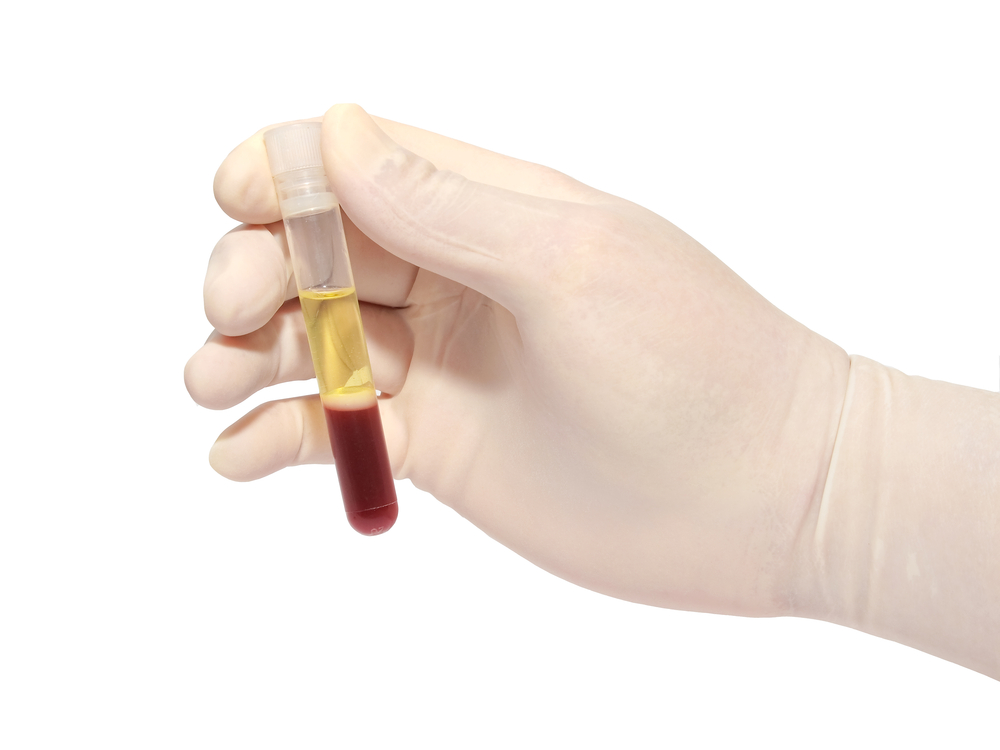Many Proteins Identified in Blood of Patients with PAH-associated Congenital Heart Disease

Scientists from China have identified nearly 200 proteins that are differentially expressed in the blood of people with pulmonary arterial hypertension associated with congenital heart disease (CHD-PAH) in what may be the first time.
This finding could “open a new direction for translational medicine in CHD-PAH with regard to the diagnosis and progress of the disease,” according to the authors of the study, “Plasma Proteomic Study in Pulmonary Arterial Hypertension Associated with Congenital Heart Diseases,” published in the journal Scientific Reports.
A team of researchers led by Dr. Guo-Wei He enrolled 266 CHD patients with or without PAH and 57 healthy volunteers. Researchers identified and compared the proteins found in the blood of CHD-PAH patients, CHD patients without PAH, and healthy volunteers using a technique called iTRAQ proteomic technology.
The team identified 1,044 proteins and found that 190 of them were differentially expressed (increased or decreased) in the blood of the three groups in the study. The researchers then selected two of the 190 proteins that were clinically relevant and further analyzed them.
These two proteins were CPSI, which is an enzyme involved in the production of urea and endogenous nitric oxide, and CFHR2, which is related to the complement system in the immune system and blood clotting mechanism. Researchers analyzed the expression of these two proteins in a new group of 152 patients. They found that the amount of both proteins was decreased in the blood of this new cohort of CHD-PAH patients.
According to the authors, the decrease in CPSI expression may reveal a mechanism that is responsible for decreased endogenous nitric oxide (a vasodilator) in the development of PAH, and the decrease of CFHR2 protein may demonstrate a deficiency in the immune system and blood clotting mechanism in CHD-PAH patients.
Targeting these two proteins or the biological pathways they are involved in could pave the way for new therapeutic avenues for the treatment of CHD-PAH.
PAH is a complication commonly associated with CHD and can have severe consequences, such as heart failure and death.
Blood is an ideal source of biomarkers to diagnose and follow the progression of disease because it comes in contact with most organs. During the development of disease, some proteins are secreted into the blood and can therefore be detected as markers of disease.







